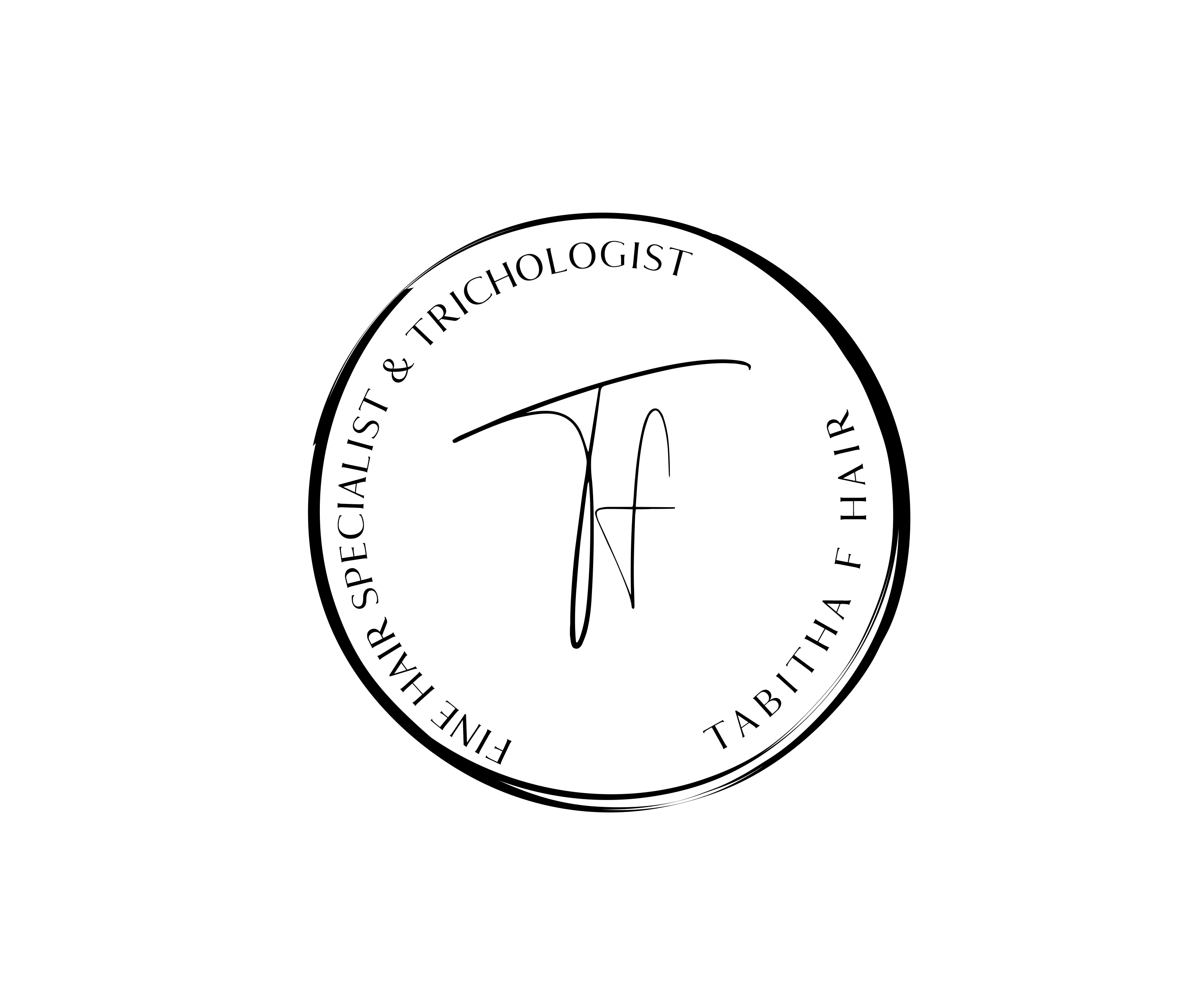Hair Texture Changes: The Role of Scalp Health, Aging, and the Scalp Biome.
- Tabitha Fredrichs

- Jul 22, 2024
- 3 min read

Hi there! Have you ever wondered why your clients’ hair texture changes over time? Whether it’s becoming finer, drier, or more brittle, these changes often stem from what’s happening beneath the surface of the skin and scalp. Let’s dive into the fascinating world of the scalp biome, collagen loss, and the factors contributing to these hair texture changes. Plus, we’ll explore ways to help your clients maintain fuller, healthier hair as they age.
The Scalp Biome: A Hidden Ecosystem
The scalp biome is an intricate ecosystem of microorganisms that play a crucial role in maintaining a healthy scalp and hair. Just like the skin on our bodies, the scalp has its own microbiome, but it’s more absorbent and sensitive to changes. This makes it both vulnerable to inflammation and responsive to treatments.
Absorption: The scalp’s higher absorption rate means that products applied to it can have a more significant impact, whether beneficial or harmful.
Microbial Balance: A healthy scalp biome helps protect against pathogens, reduce inflammation, and maintain a balanced oil production, all of which are vital for healthy hair growth.
Aging and Collagen Loss
As we age, our bodies produce less collagen, a protein that provides structure and strength to our skin and hair. Think of collagen as the scaffolding that supports our hair follicles and skin. Without it, the skin becomes thinner, and hair follicles weaken, leading to changes in hair texture.
Underbrush Analogy: Imagine those tiny, fine hairs as the underbrush in a forest, keeping everything looking full and dense. As we lose these little hair “fillers,” the scalp becomes more visible, and hair appears thinner.
Encouraging Collagen Production
To combat collagen loss and support healthy hair and skin, encourage your clients to adopt practices that promote natural collagen production:
1. Nutrition: A diet rich in collagen-boosting foods like bone broth, fish, chicken, egg whites, and leafy greens can help. Vitamin C, found in fruits like oranges and strawberries, is also essential for collagen synthesis.
2. Supplements: Collagen supplements, especially those containing hydrolyzed collagen peptides, can support skin and hair health.
4. Microneedling: This treatment involves tiny needles that create micro-injuries in the scalp, prompting the body to produce more collagen as part of the healing process.
Other Factors Contributing to Thinner Skin and Dryness
Several other factors can contribute to changes in hair texture and scalp health:
Hormonal Changes: Hormones play a significant role in hair growth and texture. Menopause, pregnancy, and hormonal imbalances can lead to changes in hair density and texture.
Environmental Stressors: Exposure to UV rays, pollution, and harsh weather conditions can damage the scalp and hair, leading to dryness and thinning.
Medical Conditions: Conditions like hypothyroidism, autoimmune diseases, and scalp infections can affect hair texture and health. The medications associated with these diseases can also affect hair health.
Product Build-Up: Overuse of styling products can clog hair follicles, disrupt the scalp biome, and lead to dryness and hair thinning. The number one mistake people make when they shampoo is not thoroughly rinsing out all of the shampoo off of the scalp.
Tips for Maintaining Healthy Hair and Scalp
As hairstylists, you have the unique opportunity to guide your clients in maintaining healthy hair and scalp. Here are some tips to share:
Regular Scalp treatments: Encourage clients to schedule regular scalp treatments to remove dead skin cells and product build-up, promoting a healthy scalp biome. We have step by step protocols and products that work for different types of scalp treatments in the hair loss specialist course.
Hydration: Recommend hydrating conditioners and leave-in treatments to maintain moisture levels in the hair and scalp.
Protective Styling: Suggest protective hairstyles that minimize stress on the hair and scalp.
Balanced Diet: Emphasize the importance of a balanced diet rich in vitamins and minerals that support hair health.
Understanding the connection between hair texture changes and the scalp biome, collagen loss, and other factors is key to helping your clients maintain beautiful, healthy hair. By promoting practices that support natural collagen production and overall scalp health, you can help your clients combat the effects of aging and environmental stressors. Remember, a healthy scalp is the foundation for healthy hair, and with your expertise, your clients can enjoy fuller, more vibrant hair for years to come.
Wishing you good hair days and thriving scalps!
Tabitha




Comments